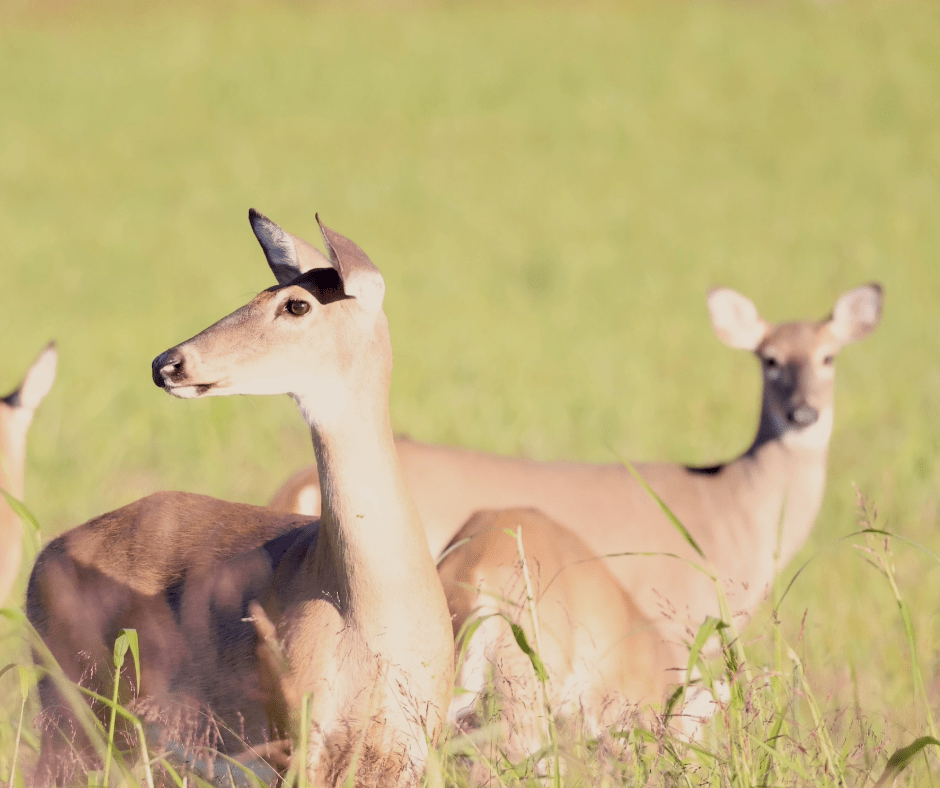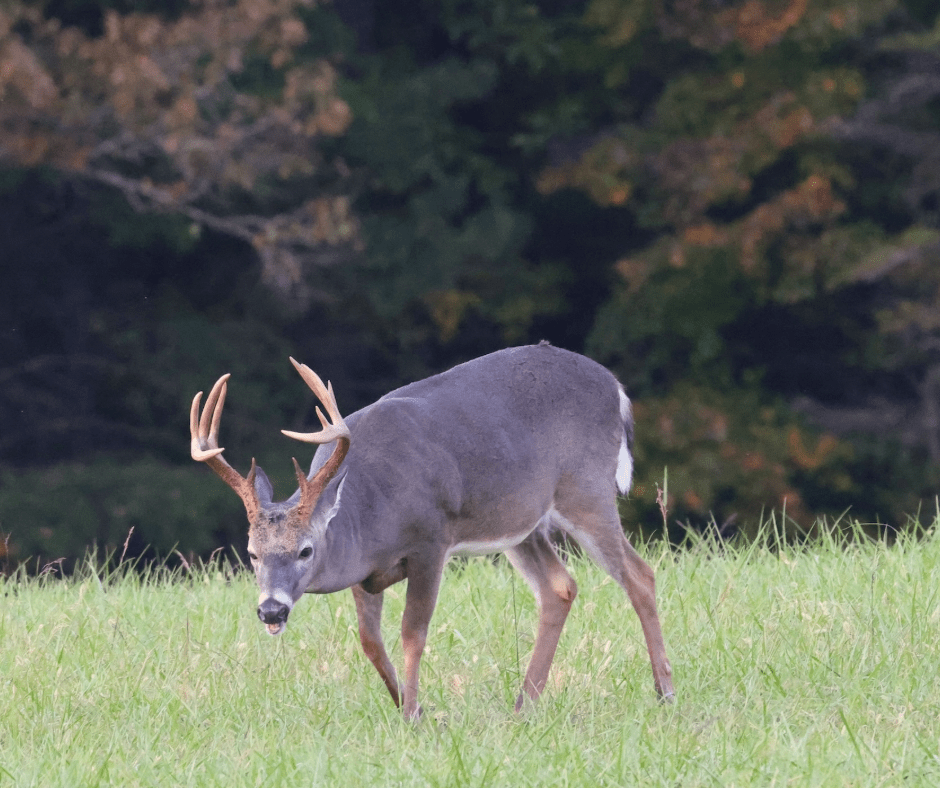Outlining all the reasons for managing wildlife and maintaining healthy wildlife populations with the help of Base Camp Leasing.
Managing wildlife is part of land ownership. That said, not all landowners hunt. So, they should allow others to come in and handle that for them. One of the best ways to accomplish that is through a hunting lease agreement.
Of course, some might ask, what’s a hunting lease? Ultimately, it’s allowed hunters to rent the hunting rights on your land. Here are reasons for managing wildlife on your land via a hunting lease – https://www.basecampleasing.com.
- Keeping Wildlife at or Below Property Carrying Capacities
Every property should have managed wildlife populations. A given tract of land can only support so many deer and other game animals. Generally, habitat quality is the biggest factor in the number that the property can hold efficiently. That number is the property’s carrying capacity. It’s up to hunters to ensure that a property’s carrying capacity is not surpassed. Maintaining dear densities at or just below caring capacity ensures that deer and other animals have plenty of resources to go around.
- Preventing Crop and Habitat Depredation
As noted, when deer numbers get too high, certain challenges arise. One common result is crop depredation. Another is habitat destruction. Pulling numbers back down can help prevent these issues. This helps preserve the landowner’s property, minimizes crop loss, and insures enough food sources for remaining whitetails.

- Maintaining Proper Predator-Prey Balances
A healthy ecosystem includes proper predator and prey populations. As hunters, regulations permitting, it’s important to moderate both sides of that coin. Doing so is part of land and wildlife stewardship.
- Preventing or Minimizing Disease Spread
When deer populations get too high, problems persist. One such issue is disease spread. When populations get out of balance, disease events tend to occur. One example is epizootic hemorrhagic disease (EHD), which tends to hit harder in areas with deer populations and prime conditions for the disease to persist. Chronic wasting disease (CWD) is another issue. This always-fatal, prion-based disease is an even bigger issue, and can affect long-term deer populations much more severely. Regardless of the disease and question, hunters can help maintain healthy deer numbers, which can cut down on disease spread, disease prevalence, and disease mortality.
- Minimizing Localized Vehicle-Deer Collisions
Areas with high deer densities tend to experience more collision. Deer-vehicle accidents are a major issue in most states. In some areas, rising deer densities are causing spikes in these occurrences. A proper deer management plan via hunting can maintain proper numbers, effectively decreasing odds of accidents.
- Extra Eyes on the Property
Some landowners are absentee, meaning they don’t live on the property. But even if they do, lease hunters serve as additional eyes on the landscape. They help watch for potential issues, such as sick livestock, downed fences, fallen trees, other damaged property, and more. Oftentimes, hunters are the first to see these issues and notify the landowners. That’s a big help and assistance landowners don’t have to pay for.
- Reducing Potential Trespassing
Along those same lines, hunters who lease land are invested in the quality of hunting there. They won’t tolerate trespassers shooting deer or running deer off the farm. If they see trespassers or poachers, or receive photos of them on their SD or cellular trail cameras, you’ll know about it. Again, this is a major asset for landowners, because they don’t want that nonsense on their land, either.
- More Knowledge of and Enjoyment from Your Land
While landowners who lease their land to hunters likely aren’t hunters themselves, they can still live vicariously through the hunters who lease from them. If nothing else, hunters might share some meat with you. Plus, they might even share trail camera photos of live deer on the farm, or harvest photos of deer they take. It’s fun to know what critters are living on your land.
- Giving Back to the Wildlife and Local Economy
Allowing deer hunters to lease your property helps wildlife and the local economy. Hunters do a lot to benefit wildlife. With your permission, they might plant food plots, establish mineral stations, provide supplemental feed, install small water sources, and more. They do this to improve the property quality and to benefit the local wildlife. Hunters aren’t just killers. They truly care for our wild resources.
This also gives back to the local economy. Hunters are in that area quite a bit. They get gas, food, and other accommodations. This stimulates the local economy and enhances the well-being of the businesses and lives that benefit from that.
10A and 10B. Increasing Your Property Revenue / Increasing Property Resell Value
Landowners are facing more economical challenges today than in many decades. Inflation, rising taxes, increased interest rates, additional maintenance costs, and more. These are creating additional burdens and strains. Simple, leasing hunting land to hunters increases property revenue. It helps offset some of these increased costs.
Additionally, while there’s no guarantee, if the land turns out to be good or great for hunting, it might even increase your land’s sale value. If it holds good wildlife numbers, good buck age structure, etc., a hunter might be more willing to pay more down the road. Since you aren’t a hunter, you won’t know if it is unless or not until a lease holder makes that known.
Lease Your Hunting Land
If you’re interested in leasing your hunting land to hunters, consider doing so through Base Camp Leasing (https://www.basecampleasing.com). This organization is built from the ground up to serve landowners and hunters. The structure it uses is seamless and streamlined. The reasons to manage wildlife abound, and so do the reasons to achieve that through Base Camp Leasing.
